There are few things worse than your favorite show getting cancelled without a proper ending. But there is one TV fate worse than that — a show getting the opportunity to plan its series finale or even its entire final season and then fumbling the ball. With so much content and competition in the television landscape, it's a privilege to get to complete a story but sometimes shows continue too long or completely miss the mark on what makes for a satisfying conclusion. Sometimes it can affect how fans watch the show, knowing what happens to the characters in the final season. But sometimes, it's easier to still appreciate the series for what it was and separate that final misstep from the larger meat of the show. Let's take a look at some of the most prolific examples of shows that went off the rails in their final days, for one reason or another.
'Game of Thrones'
Considering how popular this show used to be, and how now Game of Thrones feels like it was erased from our collective memories, should say enough. Game of Thrones is arguably one of the most popular shows of the modern television age, launching not only the careers of the actors on the show, but the series also kickstarted HBO's streaming services to the diverse portfolio that it is now. Game of Thrones helped continue to help nerd culture and popular culture intersect, but fans started to waver later in the series when the television series caught up to where George R.R. Martin left off in the book series (and many doubt if he'll ever finish the A Song of Ice and Fire book series at this point).
The eighth season and series finale took the fans' unease and growing mistrust and ran with it. The season only consisted of six episodes, and other than an emotional and character-driven, "A Knight of the Seven Kingdoms," none of them really stood out. Most of the major events happened in underwhelming or unsatisfying ways. And the answer to the big question, "Who will sit on the throne?" was Bran (Isaac Hempstead Wright) of all people, the same Bran who missed an entire season of the show. If Game of Throne had ended strongly, it perhaps would still inspire conversation today, but instead, all of its achievements are forgotten in favor to discuss that uninspired finale. Although its successor House of the Dragon has garnered positive reactions, fans still haven't forgotten the betrayal of the final Game of Thrones episode.
'How I Met Your Mother'
How I Met Your Mother was able to stay fun for the majority of its run, albeit repetitive in some measures. However, long-running (9 seasons for this show) series run this risk when they're successful and blessed with a good formula. The series is admittedly hard to watch now, and How I Met Your Mother ultimately soured the show by changing the formula and over-embracing it at the same time.
Season 9 changed up the pacing of How I Met Your Mother by setting its 24 episodes over Barney (Neil Patrick Harris) and Robin's (Colbie Smulders) 3-day wedding event, stalling the pacing and plot of the show, albeit still integrating The Mother (Cristin Milioti) through other flashbacks. However, the comedy still returns to its roots by the end, which isn't necessarily the best thing in this case. The series ends with fan-loved Barney and Robin breaking up, The Mother dead, and Ted (Josh Radnor) running back to 'Aunt Robin'. This all-too-predictable ending makes this series feel like a major waste of time.
'Lost'
To call Lost a cultural phenomenon is putting it lightly. This show ran for 6 seasons, and the series was basically unanimously critically acclaimed for the first 5 seasons. However, in the sixth season, the priorities for the show seemed to shift, leading to an ending that seemed too easy, or too hollow, at the very least.
Much of Lost's strength comes from the mysteries and intrigue that the show presented with The Island and its mythos. The problem is that it didn't seem to have an eventual endpoint as new mysteries were presented. Season 6 served more as a tribute to the characters than a tribute to the mythos that kept its audience talking. Usually, finales have issues with resolving character arcs because they focus too much on the plot, but Lost proves that the opposite is also possible and that unanswered questions can also lead to equal dissatisfaction.
'Veronica Mars'
Veronica Mars' multiple returns were spearheaded, and in some cases, funded by fans, so when the series' television return seemed to betray the advertising and spirit of past iterations, it stood out. The show ran for an initial 3 seasons from 2005 to 2007 and then revived for a movie released in 2014. However, the 4th season ended with a bang that sent a ripple of effects throughout the fandom ranging from audience outcry to the lack of a fifth season at the time of writing this feature.
The reactions that filled the internet with the release of Season 4 (the episodes dropped all at once) weren't ones that were easy to come back from. While writers don't solely write for their fans, Veronica Mars is a reminder that a dissonance too large between creators and fans can have a harmful outcome for the art, and all that came before the more controversial story direction.
'The 100'
There's a lot to say about The 100's final season. This show always had a way of making its fans passionate, and by passionate, I mostly mean angry. The 100 had its ups and downs, but it's rare to have a final season as unfulfilling as this show's seventh season. The lore of this science-fiction drama took a dramatic left turn, the thematic elements didn't line up with the rest of the series, and the part of humanity that didn't choose to become a part of a spiritual hive mind lived out the rest of their days on Earth, unable to carry the human race on. It's bleak, to say the least.
The root issue with this final season is that it didn't act like one. This season introduced some interesting new lore and sci-fi elements, but right before the end of the show. The characters on the show weren't really given room to find closure with each other, and the lead ended up alone, after seeing an avatar that looked like one of her dead love interests and killing her other one. This season also included a backdoor pilot to a prequel series that ended up not getting picked up, even focusing a lot of the final season lore around this new show's concepts. The 100 could have used the opportunity of a final season to deliver a satisfying ending to its cult following, but instead, it just wasted their time and investment.
'Scrubs'
If you changed the location, most of the main cast of a show, and most of the writers, is it even the same show? That's Scrubs' predicament. After initially ending with 8 seasons, the show was essentially revived (before reviving canceled shows was cool) for a short, 13-episode ninth season. Two of the trio of stars on the show appeared but only for a limited number of episodes. This is on a show where the cast and their chemistry are really responsible for the success of the show.
It's surprising to audience members that shows aren't self-aware in the ways that seem most obvious, but it seems to be a problem, especially for a show like Scrubs. How can the DNA of a series be so elusive? It's understandable to want to keep a series going for a multitude of reasons, but sometimes, the risk isn't worth it. With the bad blood of that final episode, is it worth seeing a revival for Scrubs in the form of a reunion movie?
'Gossip Girl'
For much of its six-season run, the mystery of the eponymous Gossip Girl was always unknown. The lives of Serena (Blake Lively), Blair (Leighton Meester), Chuck (Ed Westwick), Nate (Chace Crawford), and Dan (Penn Badglet) became the subject of the gossip blog but merely acted as a vehicle for the dramatic lives of these Upper East Siders. As we followed them through tumultuous high school years and into college, it became less important who the fictional Gossip Girl was and it became more important how our favorite characters would end up.
Unfortunately, in the final moments, Gossip Girl had one more surprise up her sleeve. Yes, in the end, the Lady Whistledown of 2012 was none other than Lonely Boy himself, Dan Humphrey. Looking back on all the chaos the canonical Gossip Girl caused, and how much she personally ruined the lives of the people that Dan now calls friends is a bitter pill to swallow. Were we seriously meant to just accept that and move on? It's hard to rewatch this deliciously soapy series after knowing the truth — it turns everything that Dan does into something far more sinister and calculating.
'The Vampire Diaries'
While most of the series featured on the list had a singular bad season, The Vampire Diaries takes the cake with two. This show ran on The CW for 8 seasons, but lost its lead actress, Nina Dobrev, after the sixth season. Putting her character essentially to sleep for the remainder of the show, The Vampire Diaries never truly recovered from losing its protagonist, especially since much of the show revolved around shipping, and who was in love and dating who.
The character choices in these final two seasons were odd from the relationships pursued to the final character fates. While the opinions around this show are particularly contentious and there are some that would disagree about certain choices, pretty much everyone can see the effect that Dobrev's absence had on the show and a cameo in a series finale isn't enough to make up for the gaps in storytelling as a consequence.

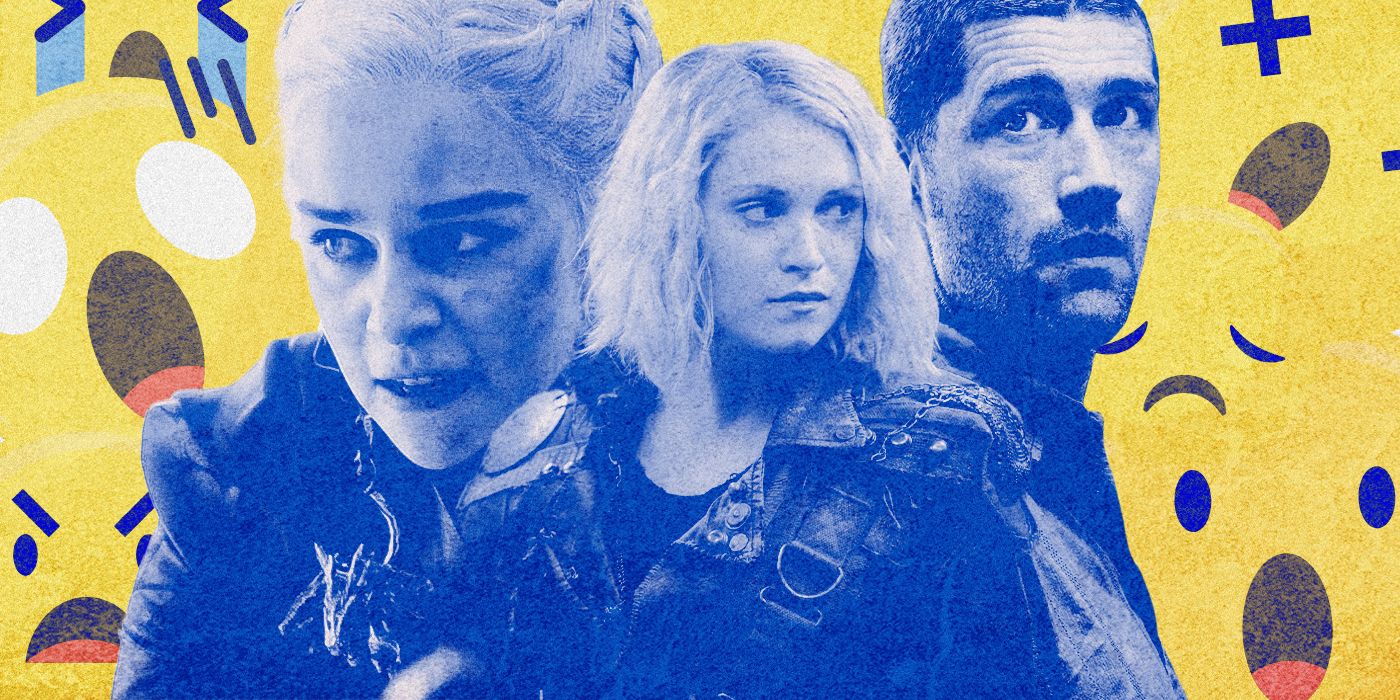
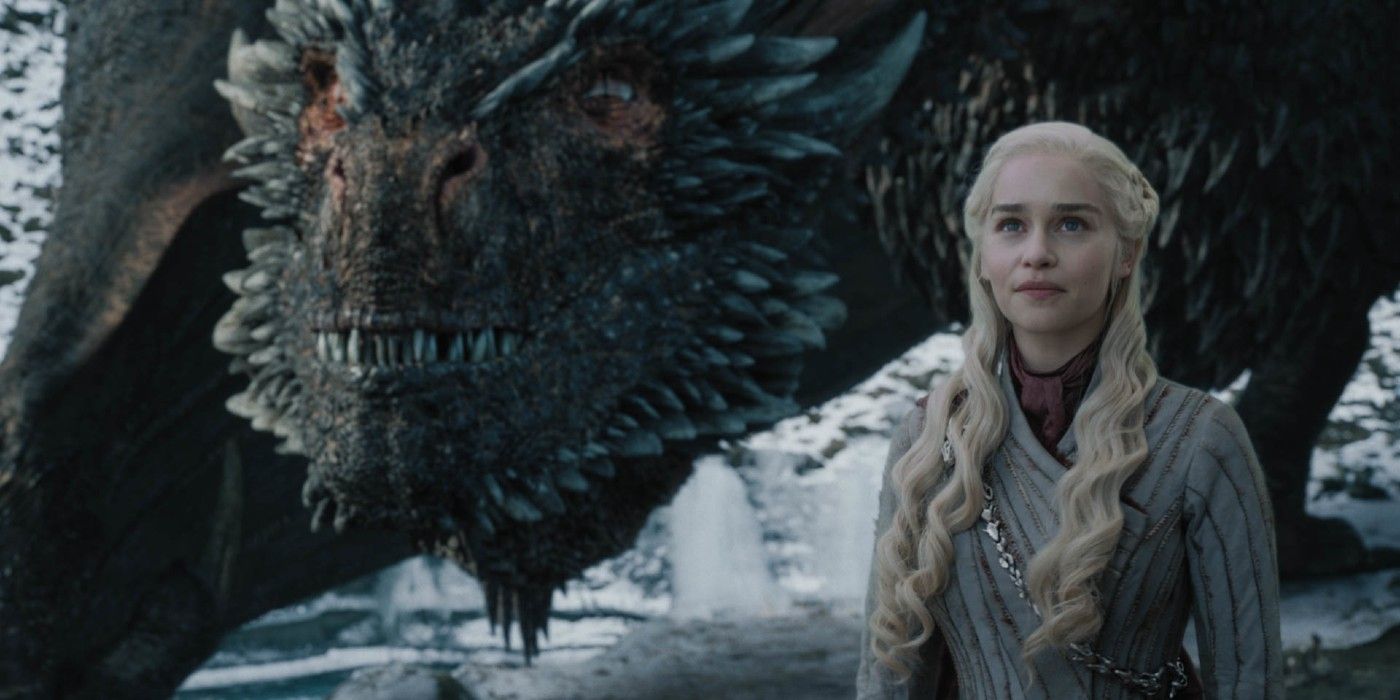
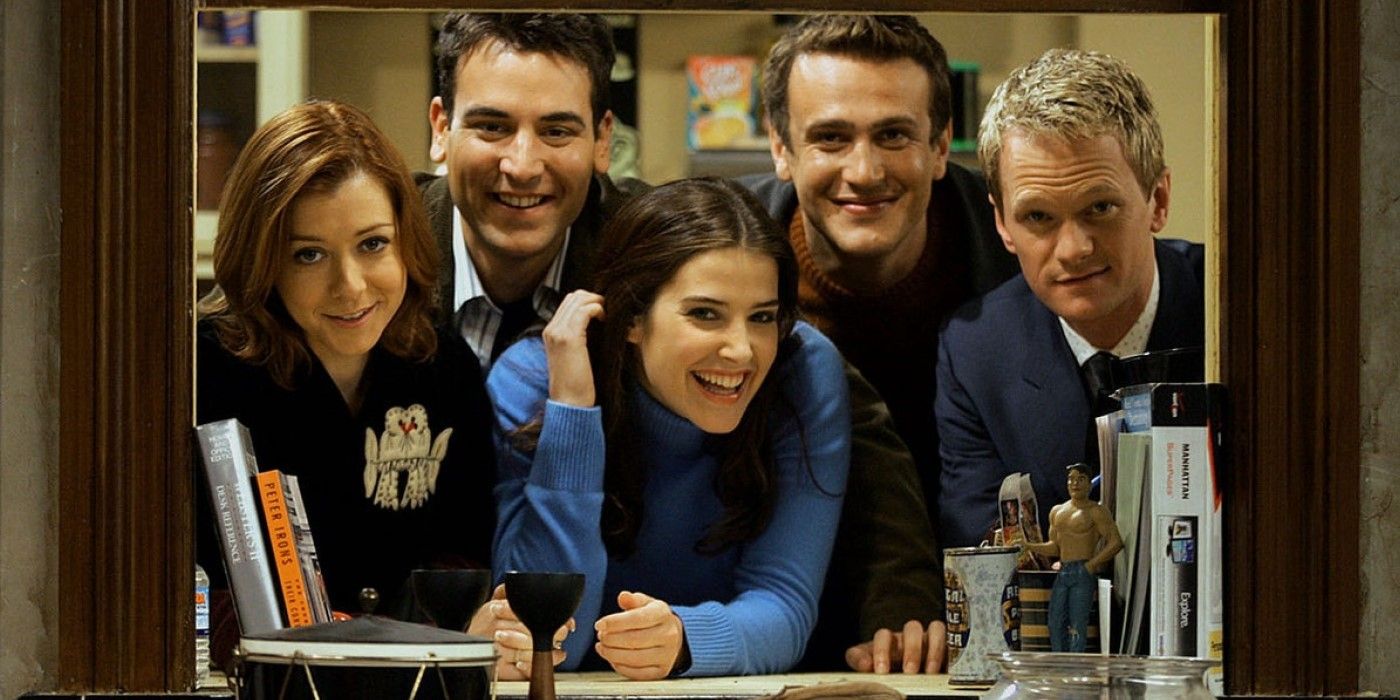
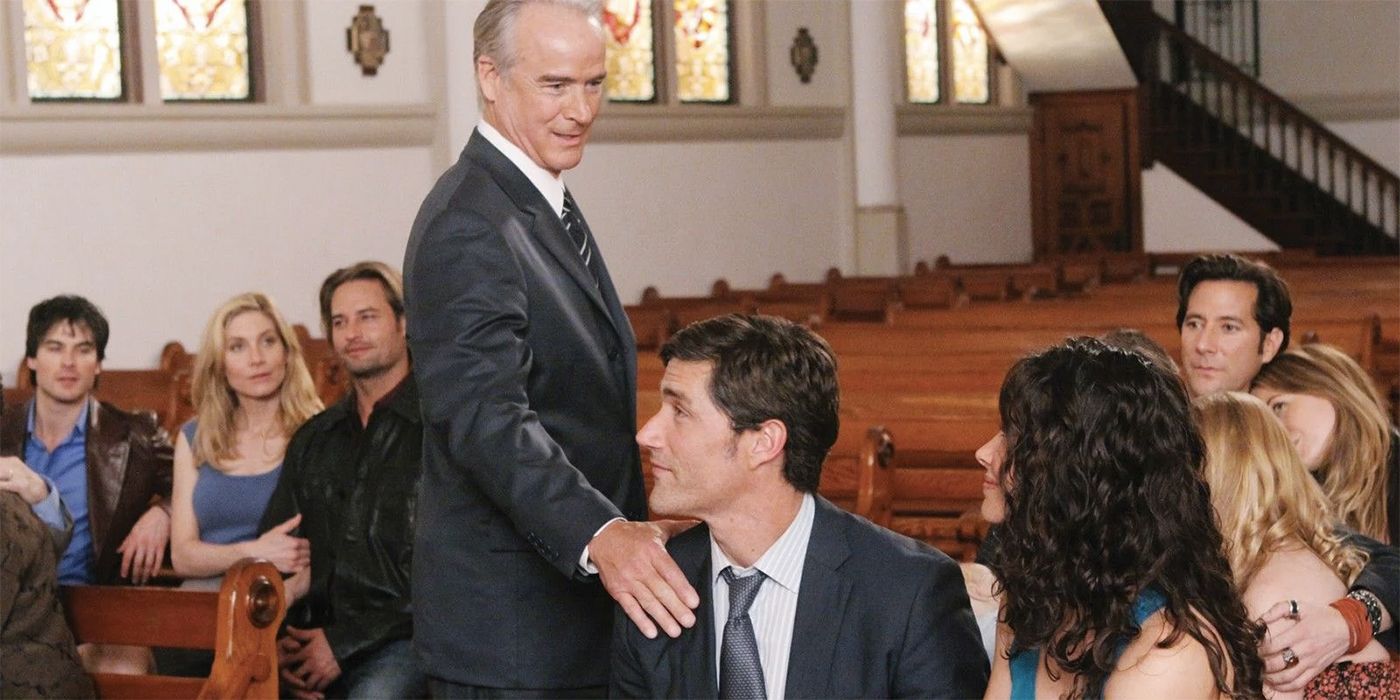
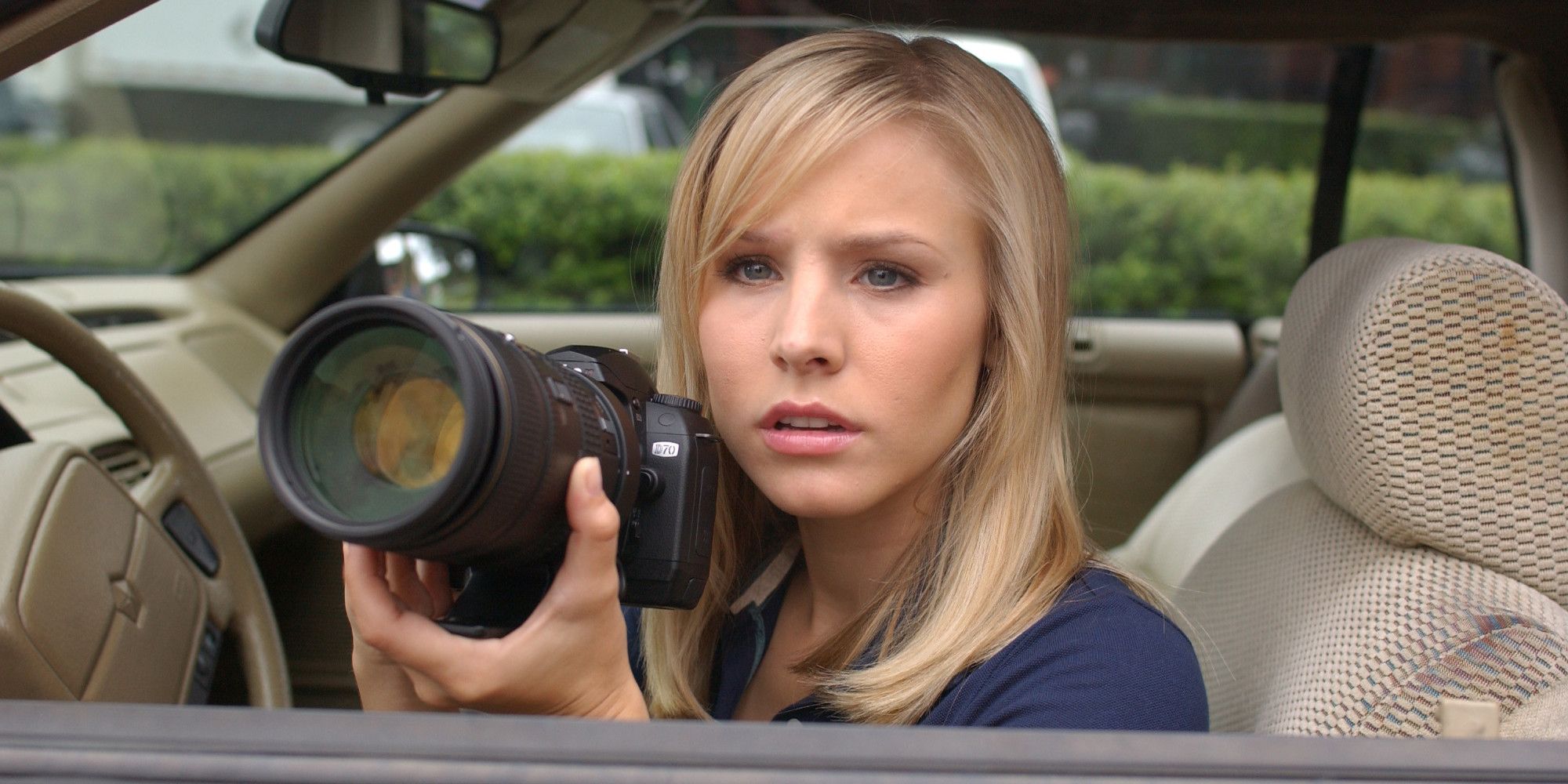
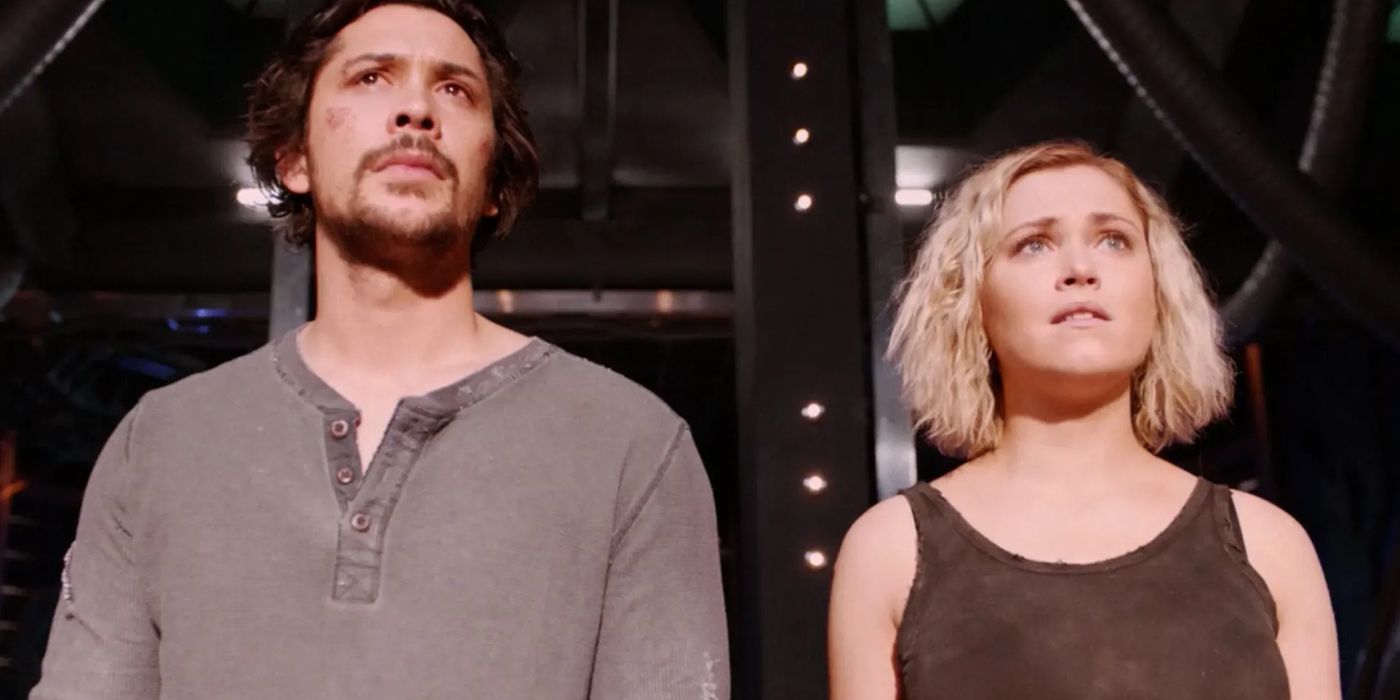
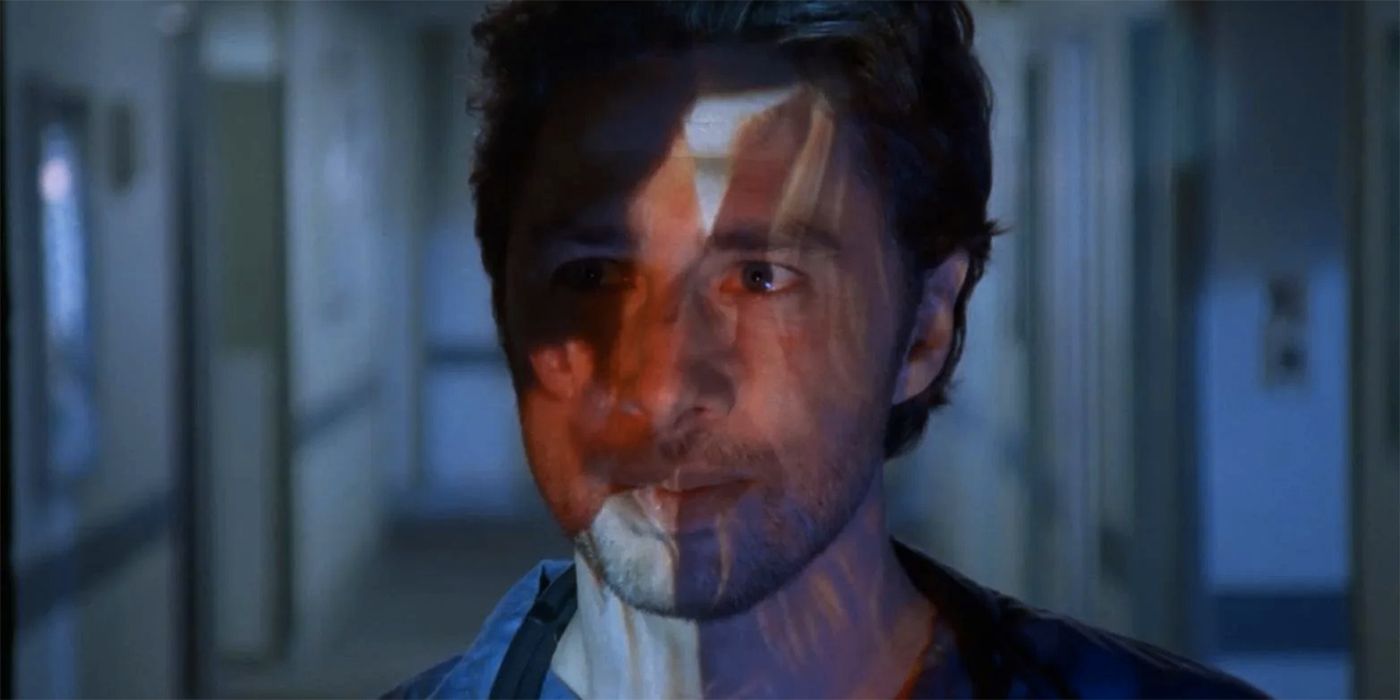
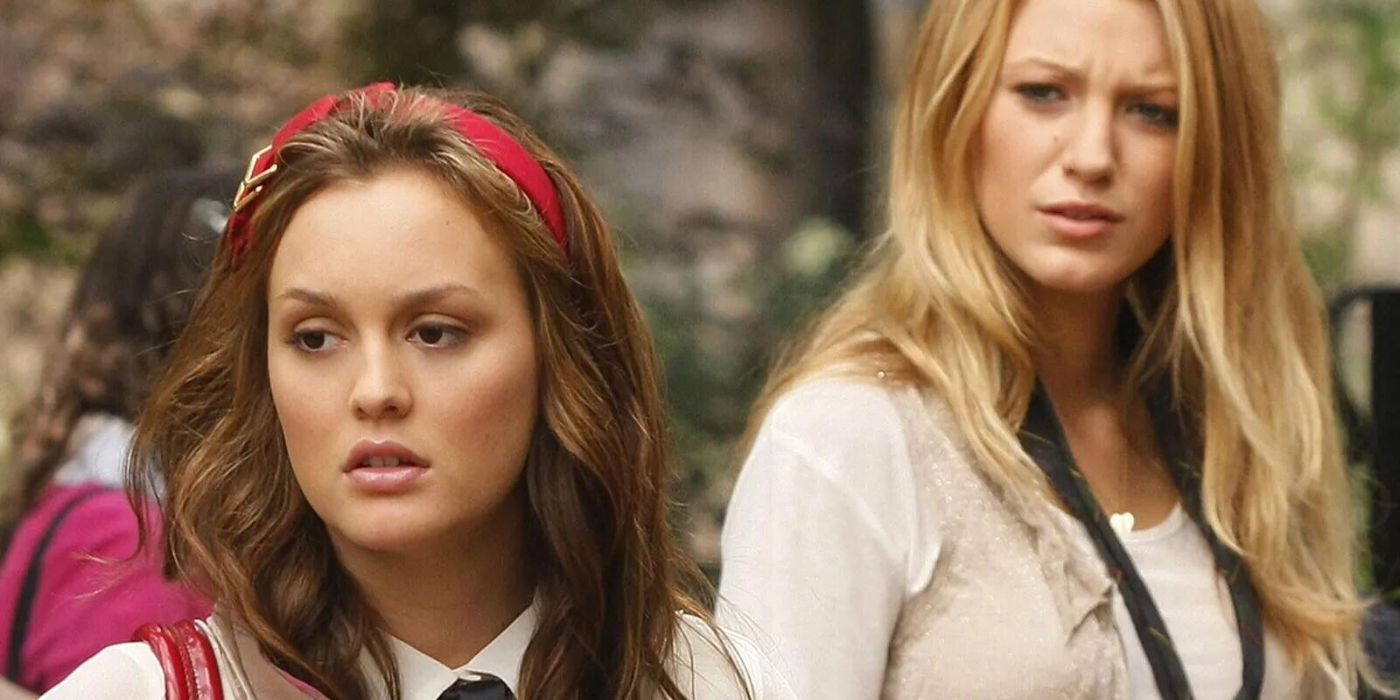
-7.jpg)